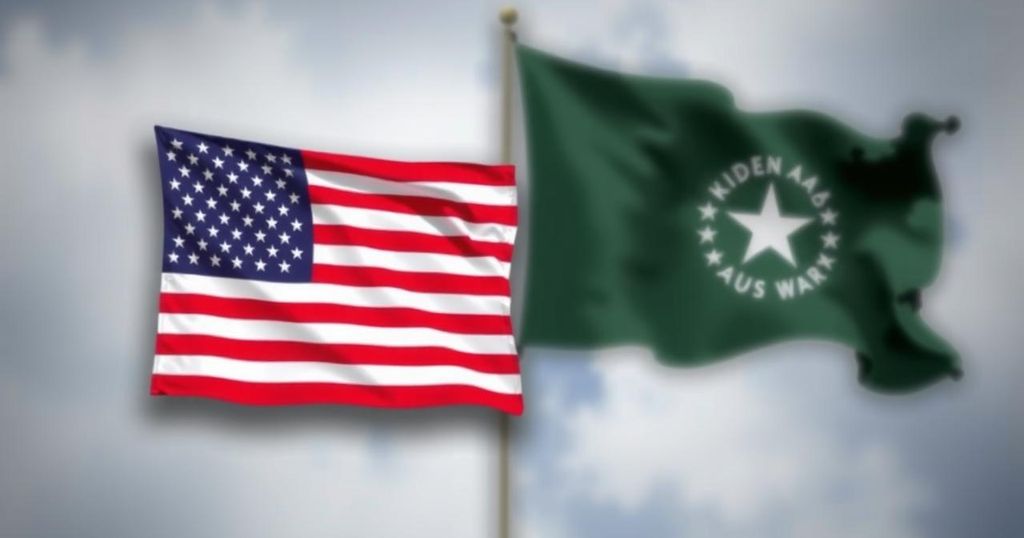The UAE has assured the U.S. it will not arm Sudan’s RSF, addressing concerns that led to a potential block of $1.2 billion in arms sales. Lawmakers emphasized monitoring compliance to reduce violence and promote ceasefire negotiations. Past reports concerning the UAE’s involvement in supplying arms to the RSF remain a focal point amidst this diplomatic dialogue.
The United Arab Emirates (UAE) has officially assured the United States that it will not provide arms to the Rapid Support Forces (RSF) involved in Sudan’s civil conflict. This announcement came in response to U.S. lawmakers expressing concern over the UAE’s previous arms sales, leading them to reconsider a significant arms package valued at $1.2 billion. According to a letter from Brett McGurk, the White House Middle East policy coordinator, these assurances contain a promise not to transfer weapons to the RSF currently or in the future. Senator Chris Van Hollen emphasized that he had sought to utilize this situation to reduce violence in Sudan, indicating potential repercussions should the UAE fail to comply with its commitment. In alignment with this, fellow Congresswoman Sara Jacobs expressed her intent to closely monitor the situation, suggesting that diminished support from the UAE could increase the likelihood of ceasefire negotiations in Sudan. Despite the UAE’s assurance, past reports have raised concerns regarding its involvement in supplying arms to the RSF, with a recent UN report describing such accusations as credible. This development occurs against a backdrop of complicated arms dynamics involving the UAE and weapons sales negotiations that have been historically contentious under differing U.S. administrations.
The conflict in Sudan has escalated dramatically since April 2023, with the RSF engaged in brutal warfare against the Sudanese army, resulting in immense loss of life and widespread displacement of civilians. The United States has expressed increasing concern over the involvement of foreign nations like the UAE in arming the RSF, prompting legislative proposals aimed at restricting arms sales until concrete actions are taken against such support. The UAE has persistently denied engaging in these arms transfers, asserting its commitment to peace in the region. The unfolding diplomatic negotiations reflect broader geopolitical challenges and the critical role of foreign military assistance in the conflict’s trajectory.
In summary, the UAE’s commitment to halt arms sales to Sudan’s RSF reflects a significant diplomatic maneuver aimed at alleviating U.S. concerns over the violent conflict in Sudan. As U.S. lawmakers seek to leverage this assurance to potentially facilitate a ceasefire, the implications of UAE compliance remain to be seen. Continued scrutiny and verification will be necessary to determine the effectiveness of this pledge, particularly in the context of the ongoing humanitarian crisis in Sudan.
Original Source: thedefensepost.com






